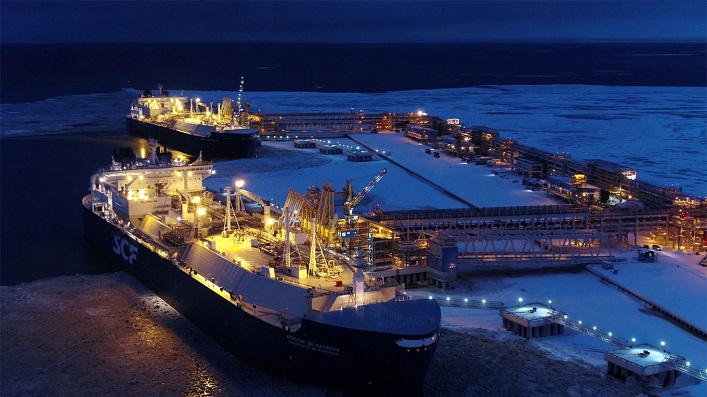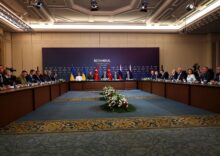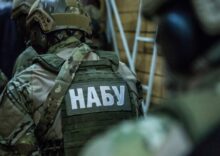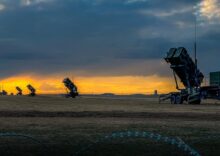France and the EU continue to help Russia finance its war against Ukraine through gas and fertilizer purchases.


According to an analysis by Friends of the Earth, while total Russian gas imports to the EU have decreased since 2021, imports of LNG and nitrogen fertilizers are on the rise. From 2021 to 2022, Russian LNG imports grew by 11% in Europe and 44% in France. In the first half of 2024, France represented 37% of the EU’s Russian LNG imports.
Additionally, French imports of Russian fertilizers surged by 86%, reaching 750,000 tons in 2023 compared to 2021.
Meanwhile, since the onset of the full-scale Russian invasion, the EU has paid Russia over €210B for oil (€110B), gas (€97B), and coal (€3.6B) imports.
To address this issue, analysts recommend decreasing fossil fuel consumption by increasing the budget for energy renovations of buildings, reducing dependency on chemical fertilizers by developing agro-ecological practices, supporting organic agriculture, and implementing a complete ban on the importation of Russian LNG in the next sanctions package.







